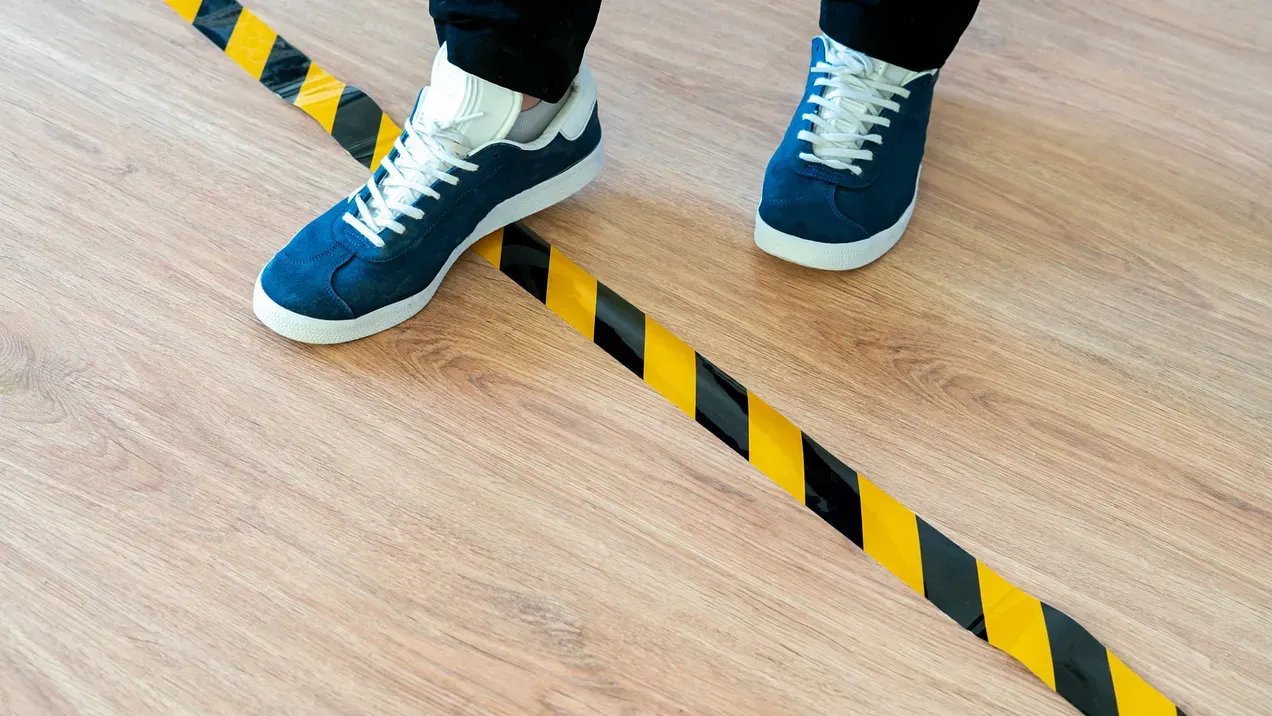"My daughter was 18 months old when I first brought her a screen."
As I read this article online a bit of a queasy feeling came over me.
- Am I making a mistake with my kid?
- Am I blowing screen time out of proportion?
I continued reading and at first, I thought the author and I were on two very different paths. But as I read the article I found something comforting.
We were more alike than different.
The author told her story about what works for their kid and their family. She knew the guidance from doctors and the internet and carved her path.
When it comes to raising children there is no shortage of advice. However, discussions can quickly divide people into camps that cause more harm than good.
In light of that, these are three things to watch out for when setting boundaries when it comes to technology and your family.
Before I start I want to be clear. I work in IT, and I'm a new father.
These points are coming from lessons learned from my life. From my parents, friends, family and so many others who have navigated this path before me.
I am writing to share what I've learned and to learn more from others.
Walking Back On Your Own Rules
I ran across an organization that championed limiting children's access to technology. One of their main drives was to pledge not to give their kid a smartphone till high school.
It sounds great at first. Especially after you read stories about 5-year-olds having iPhones in school. It's easy to judge and say enough. But the more I thought about it, the more cracks I saw in the argument.
Smartphones are not that old.
I remember a world before smartphones, before cell phones. While to many that qualifies me to be a grandpa, what it does is allow me to see that technology moves fast.
Wired Phones became Wireless Phones.
Wireless Phones became Cell Phones.
Cell Phones became Smartphones.
In my lifetime I've heard calls to:
- Ban phones in your kid's room
- Ban Cell Phones
- Ban Smartphones
What's the next ban?
The more stances like that we take, the more exceptions we'll eventually have to make that ultimately weaken the impact of past and future rules.
Creating clear values is better than creating hard rules.
If you want your family to value nature, then create an environment that reflects those values.
Walk outside daily.
Hike trails every month.
Donate money to environmental charities.
What you do may change but the value remains front and center.
Rules will bend and change over time, but as long as your values are clear then you can better adapt to changing times.
This isn't to say don't set house rules, just know that rules can bend or break as needed.
Your values should be clear to everyone around you and be harder to change on a whim.
Enforcing Your Rules On Your Kid's Friends
There are many articles on Facebook on advice on how to regulate cell phones and screen times during play dates. But for the technically inclined those conversations become ways to set up authoritarian regimes around your home network and internet.
These ideas sound great in theory but consider this.
Imagine you're 10 years old and you're invited to a friend's house for a sleepover. They're inviting all the cool kids from school, so it's bound to be a blast.
After your parents drop you off, your friend asks for your phone. You hesitate at first, asking "Why?" Then their mom comes in and explains that they don't allow kids to have smartphones in their house.
You hesitated at first; after all, your mom and dad said to use it only for emergencies. But all your friends are inside, and you trust your friend and their family. So you hand it over to the mom and head to the den to play.
Sounds off?
Does it sound like the start of a bad horror movie?
This scenario plays out more often than you think.
Would you let your child go to a house where their parents took phones, jammed communications, or monitored text messages or internet traffic?
That's what's out there now, and when I started to research and think about these topics I said to myself that this wouldn’t be ok with me.
When you have play dates, sleepovers, and other activities like this, let the kids and parents know what to expect.
Everyone should know what to expect and if this is ok.
If kids and their parents are fine with it, then you're in the clear. Otherwise, you will find yourself in a bad situation with other parents if you go too far with things.
Breaking Your Kid's Trust
Lastly, you should let your kid know what's going on as well. It's ok to set boundaries. But if those boundaries aren't clear, you run the risk of betraying your children's trust.
Imagine this, your parents in their zeal for protecting you from the baddies of the internet kept copies of text messages, phone calls, and social posts without you knowing.
Imagine if they went a step further and used technology to track you or if you're older track your car, again, without you knowing.
What would you do?
How would you react?
It may be cool when they're 6.
It'll be less cool when they're 16.
We touched on this in point 1, be clear with your intentions. How your child will respond to rules will change as they grow up, but that's the point and also why there are no simple solutions.
You have to know your children and determine how to best reach them. This starts with building trust and having tough conversations when needed.
The Road to Hell is Paved with Good Intentions
A common thread to all of these points is found with parents who love and want to protect their kids from threats online.
The internet is very different than it was even 10 years ago. But because of that, tips from a previous era may no longer work or be socially acceptable.
It takes a village to raise a child, so reach out to other parents, and seek out resources like this for ideas around tech and screen time.
Feel free to comment and share this article to continue this conversation so we can all grow and make the best decisions when it comes to our kids.
But above all, we all must do the work to cut through the noise and figure out what works for you and your family.






